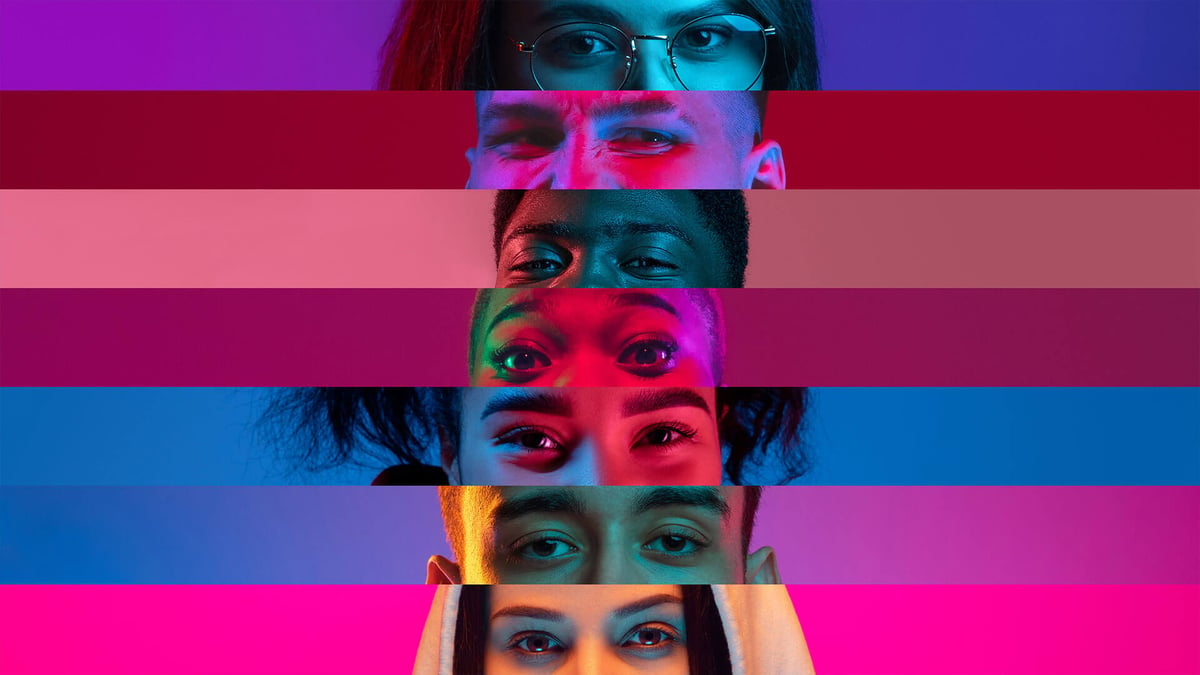In recent years, we have witnessed a profound transformation of the global landscape, driven by a vibrant and resilient youth population that has endured the challenges posed by the global health crisis and recent periods of lockdown. Their collective aspirations, bold dreams, and commitments have recently come to light through Youth Talks, a global initiative by the Higher Education for Good Foundation, which provided a platform for over 45,000 young individuals from 212 countries and territories to voice their thoughts.
The need to grasp the essence of global youth desires for the planet
Despite the cultural, geographical, and economic differences that separate young people from different parts of the world, there is a striking global consensus on the urgent need to construct a society based on shared values and virtues, transcending individualism and isolation. Young people from the Middle East, just like their Western counterparts, express a fervent desire for a world where solidarity, inclusivity, and sustainability lie at the core of our actions. Furthermore, the global environmental crisis remains one of the most pressing concerns for the youth worldwide; it represents the most significant collective challenge facing humanity. This concern underscores the profound interconnectedness between the aspirations of young individuals and global sustainability. They understand that environmental problems do not respect borders and that the response to these challenges must be global and concerted.
Read more: High carbon emissions are the hidden cost of AI expansion
Middle Eastern youth: Champions of identity and sustainability for positive impact
When we look at the youth of the Middle East, we observe a strong attachment to their personal values, virtues, and family. They place significant importance on preserving their cultural identity and roots. This stands in contrast to their Western counterparts, who appear to place more emphasis on material consumption.
But what can we make of this? What are the possible conclusions from such a consultation? One is the call from young people to educational institutions to support their vision of unity and shared values. In search of a better way to life together, young people around the world aspire to an education that goes beyond traditional academic subjects and incorporates the teaching of personal values and virtues.
Indeed, 24% of respondents from the MENA region emphasize the importance of these aspects in education. This demand underscores the need for schools and universities to revamp their programs to better cater to the needs of young individuals. Less than 10% of young people in the MENA region talk about traditional learning, whereas around 40% of them prioritize learning values, virtues, and interpersonal and teamwork skills to truly relearn how to live together.
Looking towards the future, only 11% of young people in the MENA region consider their financial situation as a priority, while almost 50% place individual success and personal happiness as the most important. However, this does not mean a lack of interest in collective concerns. On the contrary, these young people are driven by a spirit of social entrepreneurship, where personal success is closely linked to contribution to society and positive impact.
The crucial role of world leaders in the future of youth
The lessons we can glean from this consultation are clear: the youth of the Middle East are ready to contribute to solving global problems, provided we provide them with the necessary tools and opportunities. As business leaders, we have the responsibility to create environments that nurture these aspirations. This means not only adopting sustainable business practices but also supporting youth-led initiatives, investing in values and virtues-based education, and creating job opportunities that enable young people to achieve personal success while contributing to the common good. It is time for us, as business leaders, to support this driving force for change and collaborate with the youth to build a brighter future for all.
We stand at a decisive turning point in history, and the youth worldwide are prepared to take the helm. Let us commit to standing with them because together, we can accomplish the impossible and build a future where sustainability, equity, and solidarity are the foundations of our society.’

Dr. Marine Hadengue, executive director at Higher Education For Good Foundation.
For more op-eds, click here.








